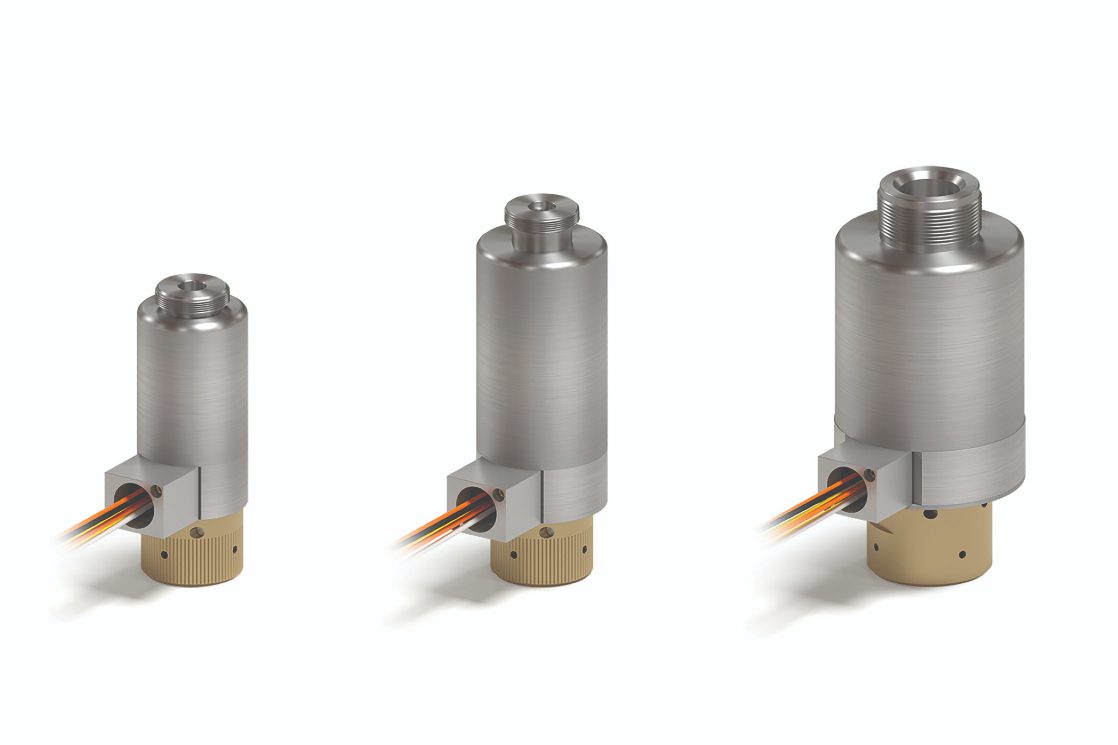Class society ABS has released the ABS Guide for Enhanced Fire Protection Arrangements, as guidance for improved safety on offshore vessels and installations as well as oceangoing vessels.
“Protection against fires on board vessels and offshore installations is critically important,” says ABS Chairman and CEO Christopher J Wiernicki. “This new Guide represents another significant step taken by ABS toward safer operations.”
According to ABS Director of Marine Technology Christina Wang, one of the primary goals of the new guide is to provide criteria for notations that increase the level of protection against fires on board vessels, mobile offshore drilling units (MODUs), mobile offshore units (MOUs) and offshore installations.
Another objective is to reduce the consequences of an onboard fire through specific measures for prevention, detection and fire extinguishing.
“Current rules and regulations identify certain fire safety arrangements that must be provided on board a vessel, drilling unit or offshore installation,” Wang explains, noting even though the rules and regulations have mandated such ‘minimum’ requirements for many years, fire and explosion continue to remain one of the top safety hazards for any vessel and its crew.
While other classification societies provide fire safety notations, ABS is the first to address the industrial portions of offshore units to this extent. The Guide for Enhanced Fire Protection Arrangements is the first such document to provide requirements to protect against the unique fire risks associated with the industrial areas of floating production, storage and offloading (FPSOs) units, Wang says.
The optional Enhanced Fire Protection notations in the Guide include EFP-A and EFP-A+ for accommodation areas, EFP-M for machinery spaces, EFP-C for cargo areas and EFP-IA for industrial areas. “Combinations of these notations can be awarded as well,” Wang says.










